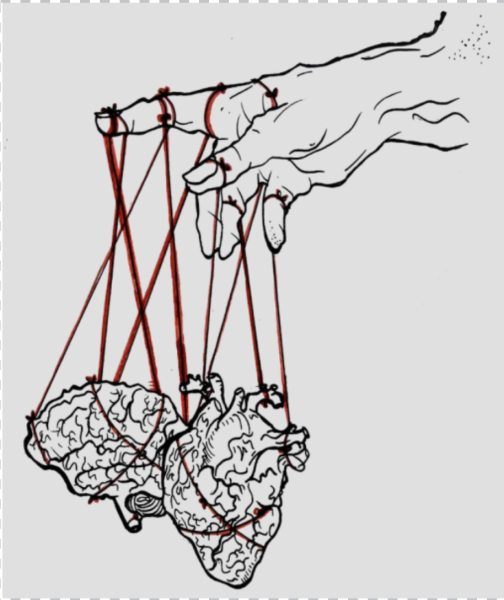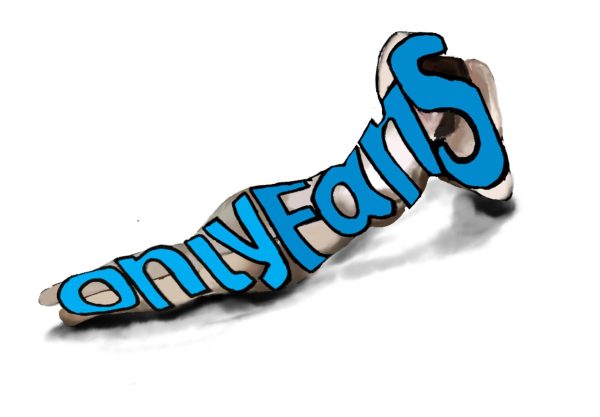American Censorship – The topic that America censored
“I have a dream.”
Noor: “Those were the words I was taught to live up to. How could I not? Like myself, Atlanta in the United States was Martin Luther King Jr’s birthplace. I remember those kindergarten lessons where we had a whole unit on MLK Jr, and his role in the Civil Rights Movement during the late 50s and 60s. However, despite MLK Jr. being almost literally Atlanta’s patron saint, that school never took me to see the MLK Jr. National Historical Park which was right in the city itself. I was lucky that my parents instead took me to see the park themselves, even witnessing the gravestone of Dr. King. And I was fortunate that my education was good when I lived in the United States, along with the fact that my mom and dad were very honest, even blunt when it came to educating me about history. Though, I know my fellow peers and Americans were not served that much-needed honesty when it came to American history. In fact, there is and has always been a disturbing degree to which history has been censored in American classrooms.”
The American Civil War (1861-1865) is a polarising topic within the US. Most Americans have heard the countless debates over waving the Confederate flag or those statues of Confederate generals. One question brought up regarding these issues is: Why would Americans memorialize traitors? According to a 2011 poll by Pew Research Center, 38% said that the main cause of the conflict was over slavery, while 48% said the main cause was “states’ rights.” Immediately, you probably noticed the ambiguity lying in “states’ rights.” What were those rights exactly? Slavery, of course! Confused? In quick summary, there were fierce arguments over slavery and abolition within the US during the early 19th century. A few decades later, the fire was only spreading and political tension soared. When Abraham Lincoln, a fervent abolitionist, was elected President in 1860, the southern slave states were horrified over the possibilities of Lincoln outlawing slavery. So, they succeeded and formed the Confederacy in 1861. Don’t believe it? Ask the Vice-President of the Confederacy, for Alexander H. Stephens decreed in his Cornerstone Speech that the Confederate government is based, “upon the great truth that the negro is not equal to the white man; that slavery, subordination to the superior race, is his natural and normal condition.” But frame that quote and slavery as “states’ rights” and it sounds like some noble virtue. It’s no wonder some people want to worship their statues and wave their flags. It’s pretty apparent that many American classrooms only present racial injustice as a footnote.
What is also left out of in school discussions is the fact that the US was practically responsible for the rise of the Taliban. The narrative goes like this: the US launched a covert military operation in support of the Mujahedin, responding to the invading Soviets during the Soviet-Afghan War (1979-1989) (Lowenstein, 2016). However, what that narrative is missing is that the United States was already supporting the Mujahedin months before the invasion. They knew the Soviets were going to invade Afghanistan, so they wanted to be prepared for it. Though the support proved to be in the Mujahedin’s favour as they were the victors in the war, it later came to bite the United States in the butt. One of the rebel Mujahedin groups was Al-Qaeda, an Islamic extremist group, led by Osama Bin Laden. With September 11, the US government doesn’t want their citizens to know about their involvement with the rise of Al-Qaeda. So, they claim that they merely got “suddenly” involved in a conflict with unbeknownst consequences. That way, the government won’t look like hypocrites in the eyes of the American people. And later, those other Mujahedin groups would form the Taliban in the 1990s. While the US certainly was not the only foreign government involved in the conflict and beginnings of the Taliban, it absolutely played its part.
Now it’s not just the censorship of history that’s a problem, but also the censorship of the voice.
——————
Mai: “I left the states before I was taught all the amendments of the American constitution, however, from birth, every American knows the first amendment by heart, the amendment in which the foundation of this country was built on: The freedom of speech. And if that was the ideal that holds up the country, I fear for the future of my country. Because here’s the reality: Americans do not truly have freedom of speech. The government is unable to blatantly put laws on speech, so instead, they target schools.”
“And then The Civil Rights Movement solved racism forever!”
Over 16 states in the United States have Anti-’Critical Race Theory’ laws. For example, in box 9.4 of the State of Tennessee’s rules of the department of education, it states that certain concepts are prohibited to be included in the curriculum and be discussed in classrooms. A few examples of this are “One(1) race or sex is inherently superior to another race or sex… This state or the United States is fundamentally or irredeemably racist or sexist.” (Mitra 2022) Laws such as these prevent teachers from teaching sexism and racism, especially of it within the United States. Teachers are now scared to even talk about these topics with their students because students, parents, and other teachers can file a complaint about them, and schools risk losing 2% of their state funds each time they violate this law. (Waxman 2022) This violates the first amendment, however, the supreme court who is supposed to be one to hold up the constitution is doing nothing about it, this is not the only aspect of the first amendment the supreme court is failing to hold up.
The first amendment not only ‘protects’ the freedom of speech but also the freedom of the press. Freedom of the press? If that’s true, explain the 2,500 book bans happening in school districts all over the country, 1,648 of those talking about issues regarding race and sexuality. 40% of banned books have a main character of colour, and a third of books banned recently are banned for simply having characters part of the LGBTQ+ community (Milman 2022). Some of these books include “This Book is Gay” by Juno Dawson, “The Hate U Give” by Angie Thomas, and “Gender Queer”.(VanDenburgh 2022) Over 50 groups are pushing to ban books such as these, as well as far right-wing politicians located in states such as Texas and Florida. 40% of these bans are because of political pressure to reshape teaching, connecting to what we talked about earlier with the Anti-Critical Race Theory. However, there is light at the end of the tunnel as backlash starts forming from teachers, schools, and librarians.
If we fight hard enough, one day perhaps we can live in a world where we can say what we want to say, and read what we want to read without any repercussions, but today is not the day so we must continue to fight and push until our voices are heard. It is also important to note that censorship of history is everywhere in the world but as the current generation it’s important for us to give the next generation the truth of their country’s past.

My name is Noor (they/them) and I'm in Year 13! I've been in The High since I joined ISL back in Year 10 and it has been an amazing experience to be a...

Hi, my name is Mai Gherard and I’m a year 12 student. I’m American and French and have lived in the US my entire life until a few years ago when my...




